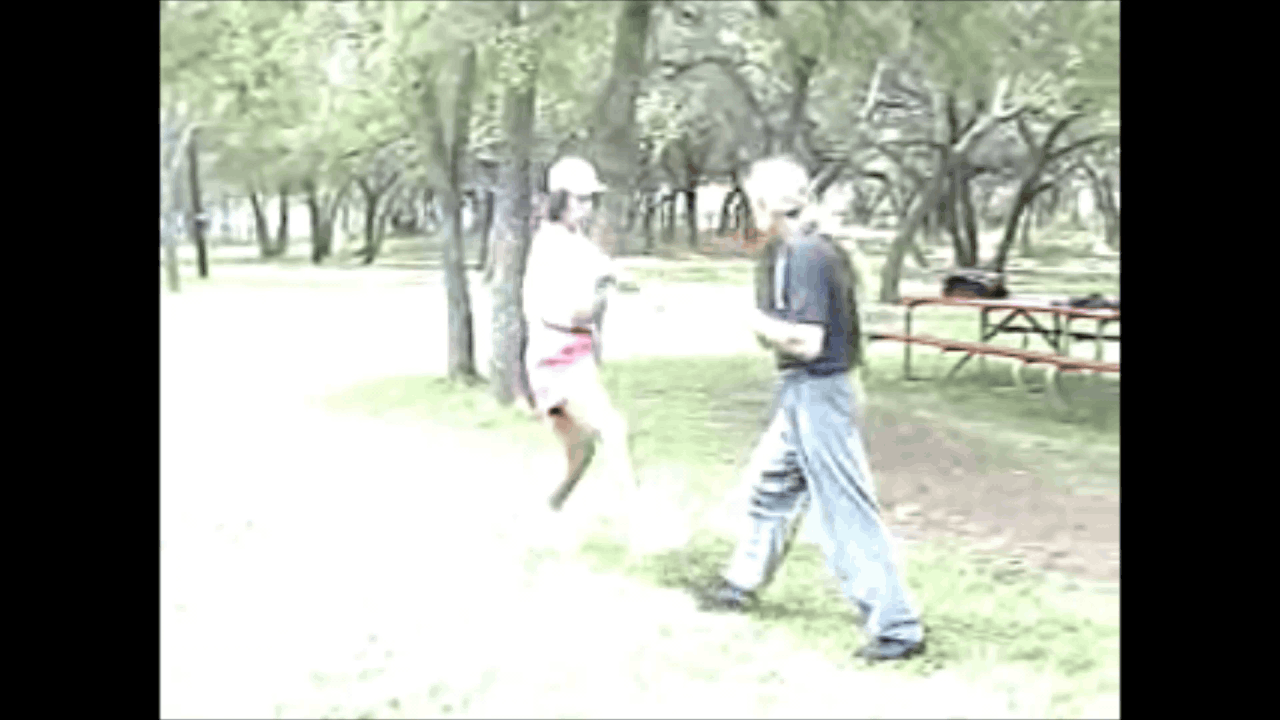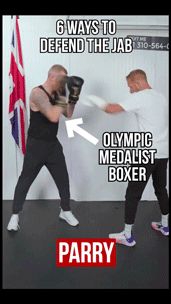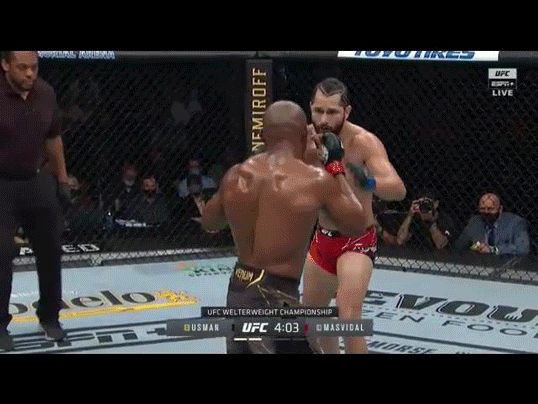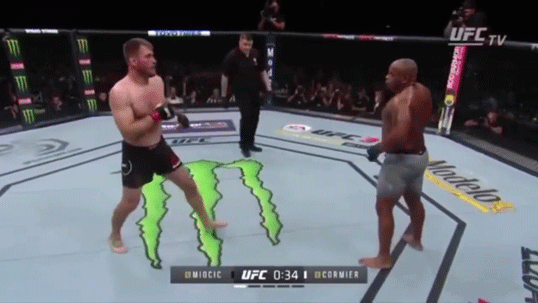What I find much more productive is to learn enough about the other art to switch perspectives and ask "what would a practitioner of this other style see as flaws or weaknesses in my own training, and what can I do to address those potential problems?"
- A long fist guy can't do a hip throw.
- A Chinese wrestling guy can't do a roundhouse kick.
- A praying mantis guy is lacking knock down power.
- A Baji guy can't throw 4 punches within 1 second.
I'm the opposite. When I found out that
- TKD roundhouse kick training is better than my long fist roundhouse kick training, I immediately replaced it.
- MT roundhouse kick training is better than the TKD roundhouse kick training, I immediately replaced it again.
Just to clarify my original post, when I talk about trying to understand what a practitioner of another style would see as weaknesses in my system, I'm not talking necessarily talking about some technique they might do better. It's more a matter of getting that outside perspective on how something I do might create problems for me and then considering how I might best address those problems.
Some examples ...
Suppose I train in a system (such as boxing, TKD, or many others) which favors a bladed fighting stance in order to present a smaller target to the opponent. If I train with a Muay Thai fighter, they might point out that my lead leg will be a target for kicks and the bladed stance makes it harder for me to check those kicks. Assuming that I'm not just training for a sport which disallows low kicks, that's something that I should consider how to deal with.
Suppose I'm a Muay Thai fighter and I prefer a more squared up stance that makes it easier to check low kicks. A Krav Maga practitioner might point out that my groin appears to be a very tempting target. If I'm training for self defence, I should consider how to deal with that possibility.
Suppose I'm a BJJ practitioner and I love to take mount as a method for controlling an opponent. A Silat practitioner might point out that if I carry a weapon on my person, then top of mount is a sub-optimal position for weapon retention, because the bottom person might snatch my own weapon off my belt and use it against me. If I ever carry a weapon, I should take that into consideration.
Suppose I'm a Wing Chun practitioner and I have a whole system developed where I punch straight down the centerline and if my opponent blocks or parries then I use that contact to create a bridge that I can use against him and clear the way for additional punches using pak sao, lap sao, etc. A boxer might point out that he doesn't have to block, he can shoulder roll my punches while simultaneously pivoting off-line and catching me with a check hook as I punch. That's a new possibility that I won't have encountered in WC class that I have to think about how to handle.
None of this means that the boxer has to learn Muay Thai or the Thai Boxer has to learn Krav Maga or the BJJ practitioner has to learn Silat or the Wing Chun practitioner has to learn boxing. It's just that the outside perspective can give you ideas of questions you might want to explore within your own art.
(The same concept can be applied to training methods as well, not just techniques.)




